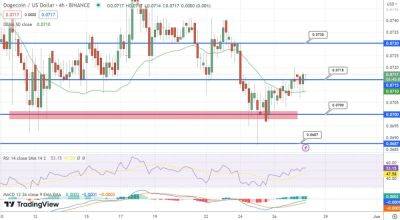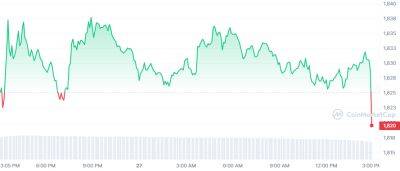British Gas wins as Ofgem hits consumers with an extra tenner
A nd the big winner from Ofgem’s latest price cap announcement is … British Gas. Shares in the parent company, Centrica, popped to the top of the FTSE 100 leader board for an understandable reason. While the cost of energy is indeed falling, the slice of the bill that is allocated for suppliers’ profits is going up – and increasing substantially in percentage terms. From October, we’ll all be paying, on average, £47 instead of £37 to our suppliers in the hope that fewer of them go bust.
A tenner may sound modest in the context of a price cap of £2,074 from July, but crunch the numbers to see the effect on British Gas, a company with about a fifth of an overall retail energy market of 28 million customers. An extra £10 per account equates to an additional £56m of earnings if nothing else changes – a very nice uplift from last year’s profits of £72m.
Outrageous? Well, there is regulatory logic of a sort at work here. The entire retail supply market, taken as a group, has not made annual profits since the price cap was introduced in 2019; British Gas is usually the outlier. When 30 suppliers collapsed after the surge in wholesale gas prices, they did so at a cost to bill-payers of £2.7bn, or £83 per household on average. So it would be cheaper for consumers in the long them, runs the thinking, if fewer firms fell over in future.
Thus the change in so-called “Ebit allowance” (the initials stand for earnings before interest and tax) from a rigid 1.9% under the old model to a more sliding formula that, in essence, is more generous percentage-wise to suppliers at all price caps under £4,000. At the expected October cap level, the Ebit rate is 2.4%.
But, before giving Ofgem a free pass on this reform, two points should be made.
Read more on theguardian.com
















